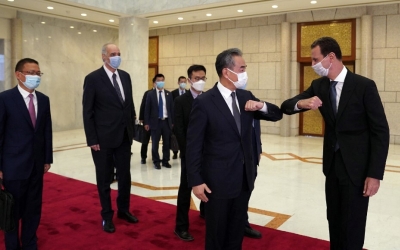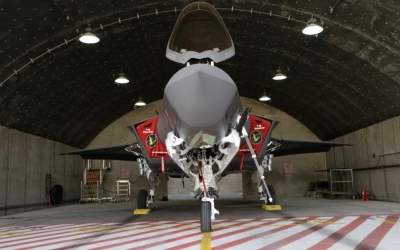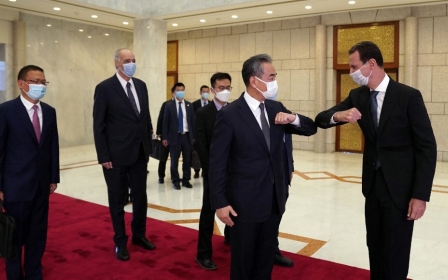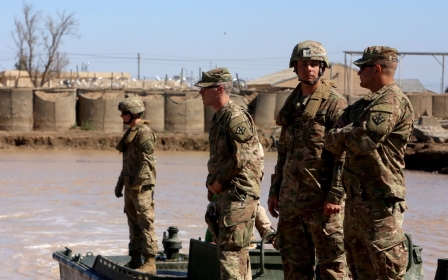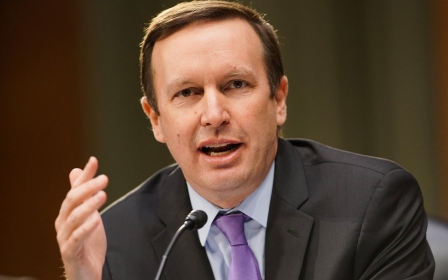US arms sales to Middle East in focus at Senate subcommittee hearing
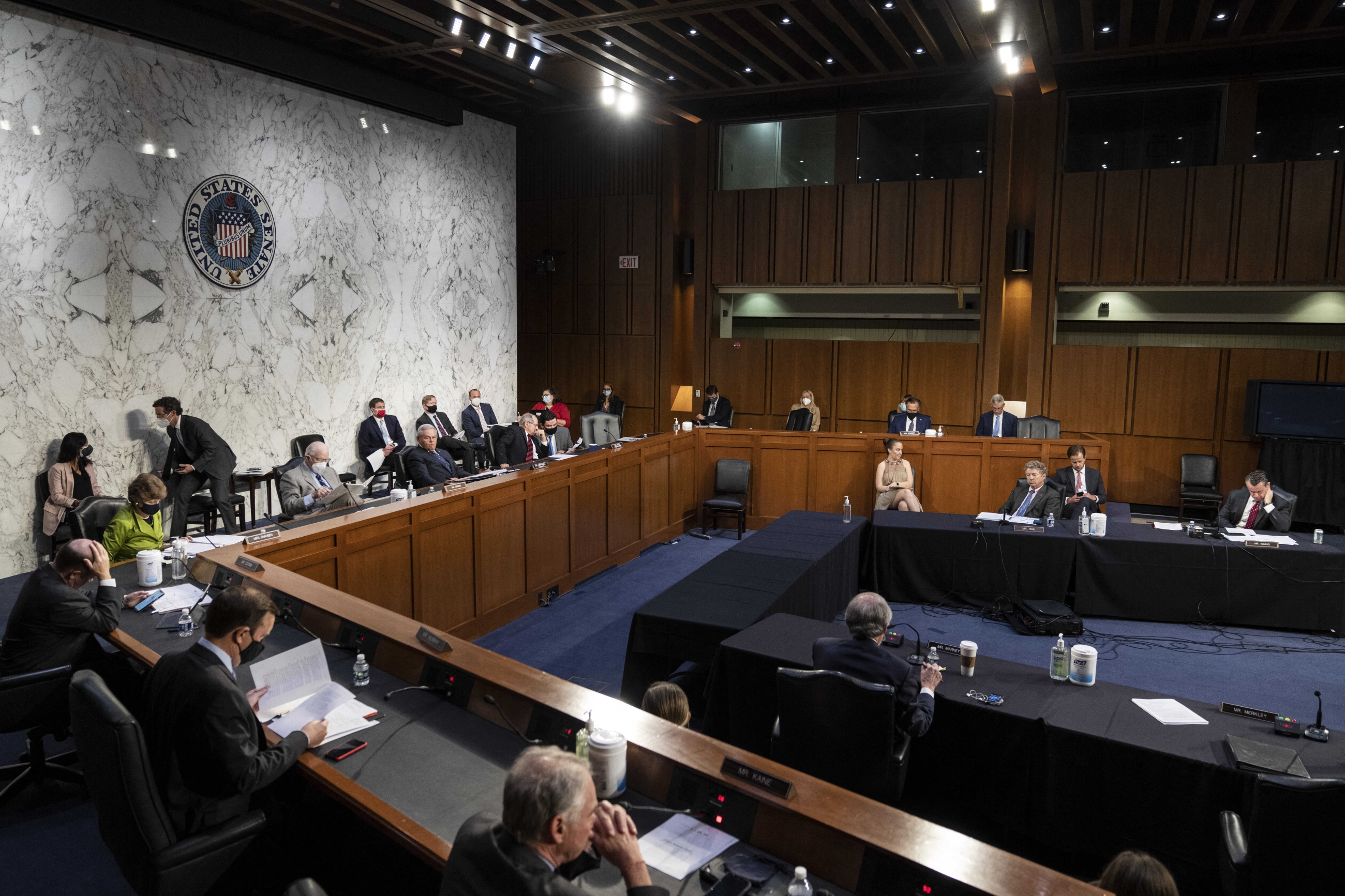
The United States' rivalry with China took centre stage at a Senate Foreign Relations subcommittee hearing on Tuesday, as officials debated assistance to Middle East allies such as Egypt that have dismal human rights records.
Senior officials from the Department of Defence and the State Department stressed the importance of continued US security assistance to Egypt despite Cairo's brutal crackdown on dissent.
"The bottom line for President Biden is that he values the relationship with Egypt. He believes they are an important security partner," said Dana Stroul, the deputy assistant secretary of defence for the Middle East, during a hearing with the Senate Foreign Relations subcommittee on the Middle East.
Mira Resnick, deputy assistant secretary for regional affairs in the State Department's Bureau of Political-Military Affairs, said concerns were raised by the White House with the "highest level" of the Egyptian government, but Cairo remained a "critical security partner".
"The president himself has underscored the importance of a constructive dialogue on human rights with the government of Egypt and we will continue to pursue this, even as we pursue shared security goals on maritime security, on border security, on counter-terrorism," she said.
"Let me stress that the fundamental importance of human rights are, and will remain, an essential element of any arms transfer decision," she added.
Last month, the House passed its version of the annual foreign policy appropriations package, funding $1.3bn in security assistance through to 2023 despite calls from Congressman Tom Malinowski and Adam Schiff to cut $75m in assistance over Egypt's detention of as many as 60,000 political prisoners.
Senator Todd Young, the ranking Republican at the hearing, warned that enacting "insurmountable barriers" to security assistance would undermine Washington's ability to exert influence in the region at a time when it is looking to deploy resources elsewhere.
"We will have to rely on governments of the partners and allies we have, not the ones we necessarily wish we have," he said.
Will they abandon us?
Democratic Senator Chris Murphy - who has positioned himself as a vocal critic of Egypt - highlighted the paradox of Middle East governments discussing arms deals with China while "hoping to maintain [their life under] a US security umbrella".
"It is time to ask whether the threat that less arms from the US will cause our partners to simply abandon us and turn to Russia or China is real, or whether it is just a red herring."
While the US is the largest arms supplier to the Middle East, with exports increasing by 28 percent between 2016 and 2020, China's economic influence has grown in the region largely due to investments and construction projects via its Belt and Road Initiative.
China has billed itself as a partner for nearly every country in the region, pursuing infrastructure projects in Egypt and Saudi Arabia, and also developing strong ties with Iran.
Stroul said that since the lapsing of a UN arms embargo on Iran last year, the US had seen a "reinvigorated interest by Beijing and Moscow…working on deals for weapons transfers and sales to Iran".
Since taking office, the Biden administration has continued a drawdown of US troops from the region which began under the Trump administration.
In June, Washington announced it was pulling patriot missile systems from Saudi Arabia, and last month Biden said he had reached an agreement with Iraq's prime minister to end the US combat mission in the country by the end of 2021.
Howard Shatz, an analyst with the Rand Corporation, said the narrative of a US drawdown from the region had been overly exaggerated, and China was unlikely to try and replace the US, as it continues to enjoy the benefits US security guarantees the region.
"Near to medium term, I don't think China will try to supplant US security," Shatz said. "If Beijing starts providing security in the region, then it may have to choose sides."
In recent months, Beijing has pursued Covid-19 diplomacy, distributing the Sinovac vaccine to the UAE and signing agreements with Egypt to establish vaccine production sites in the North African country.
According to the American Enterprise Institute's China Global Investment Tracker, Saudi Arabia, the UAE and Algeria are all in the top ten list of countries for Chinese construction projects between 2005 and 2021.
Middle East Eye delivers independent and unrivalled coverage and analysis of the Middle East, North Africa and beyond. To learn more about republishing this content and the associated fees, please fill out this form. More about MEE can be found here.


